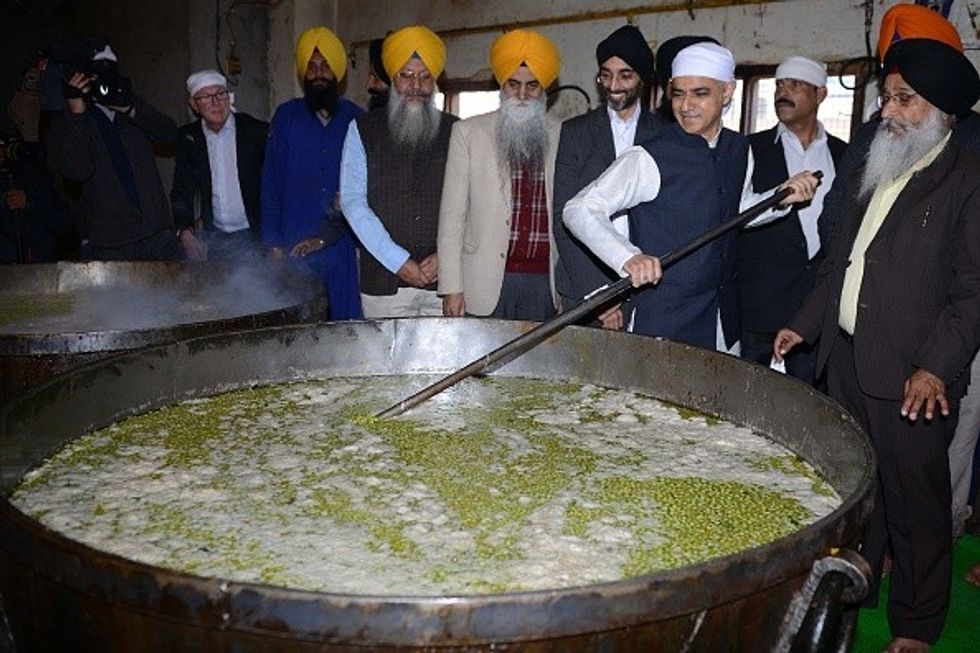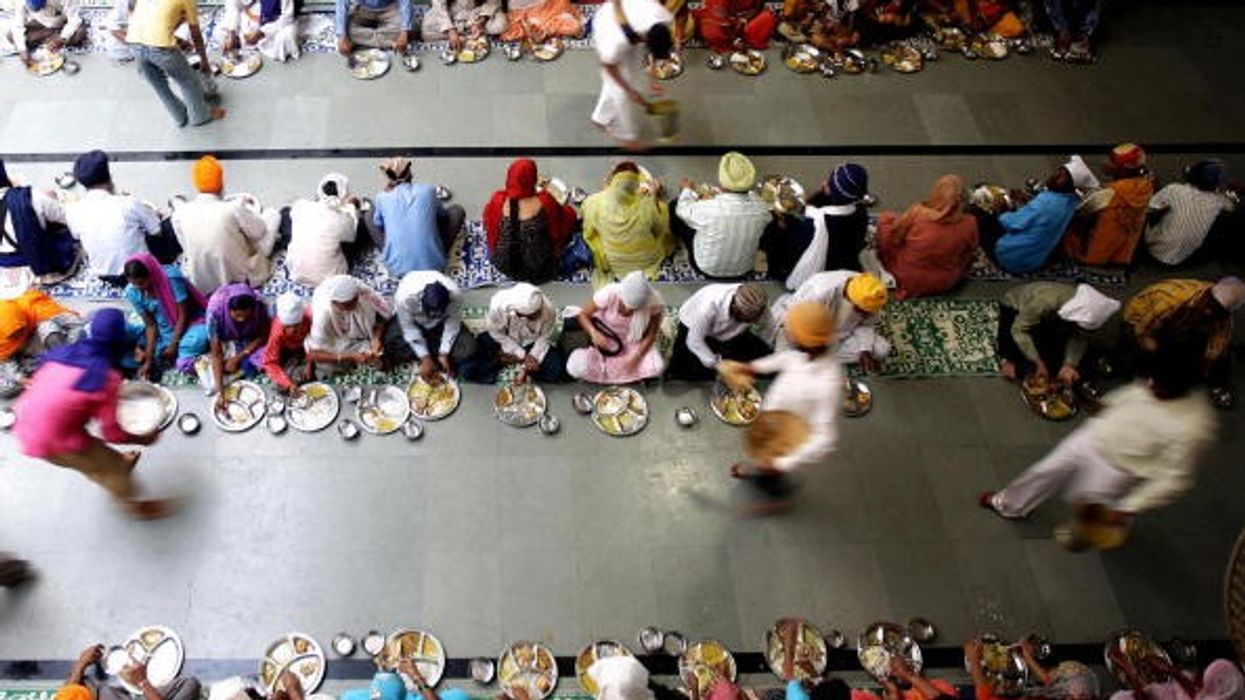SELFLESSNESS and helping others through service, which is an integral part of Sikhism, is important for individual and societal health, says writer Jasreen Mayal Khanna whose new book explores science-based studies, interviews with Sikhs and history to understand why Sikhs are “habitual do-gooders.”
About 500 years ago, Guru Nanak, the founder of Sikhi, understood that being selfless, empathetic and generous is not easy, he created a radical religion that helped humans become better people in their everyday lives, Khanna wrote in a recent column, adding that he did it by introducing the concept of seva.
“By making seva the song of the Sikhs, Guru Nanak instilled service in their DNA,” Khanna wrote in a recent column.
Khanna cited Alice G. Walter, a health and science journalist, who said: “Much of our mental anguish, stress and depression is linked to rumination and worry-based self-referential thoughts. Transferring your focus from yourself to another might work to quiet worry and distress about one’s own plight, much in the same way that meditation is known to quiet activity in the “me-centres” of the brain.”

Pointing out that being selfless and indulging in service for others is not unique to Sikhi, Khanna explained how Buddhism also prescribes the practice of meditation as a “way of softening the walls of the ego and becoming one with the world around”.
However, since meditation requires great mental practice, Guru Nanak introduced the meditative habits through seva, as per Khanna, who revealed how her mother used to take her, along with her sibling, to help with langar seva regularly where she used to go into “meditative rhythm”.
Khanna also wrote that helping or giving to others also help oneself as it “leads to what is called the ‘helper’s high’”, adding that experts in preventive medicine are now suggesting that community service is just as important for one’s health as avoiding tobacco and obesity.
The book, SEVA: Sikh secrets on how to be good in the real world, is set to come out on July 26.




